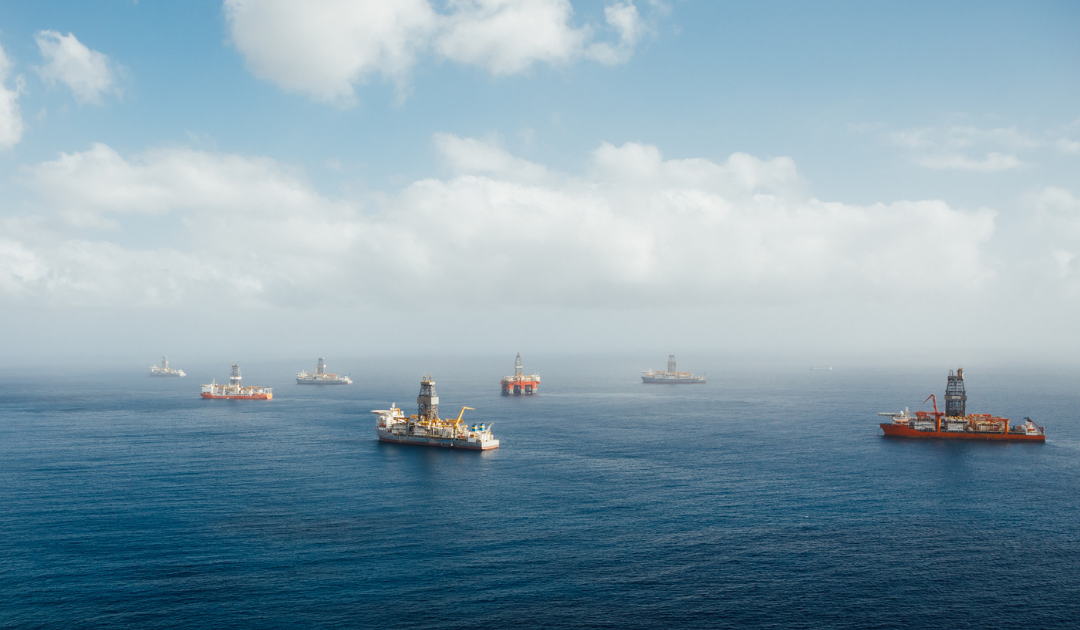Russia’s invasion of Ukraine has more pundits than ever talking about the role energy plays in world affairs. Many of TV’s most venerated talking heads seem to have discovered, for the first time, that much of Europe depends on Russian oil and gas, and that alternate suppliers, such as the United States, could change that. Some of us have been saying for years that the world could be a much safer place if the U.S. and its European allies were energy independent, no longer beholden to Russia, or the Middle East, for their economic security. The new Russian atrocities, though, have heightened Americans’ awareness, with many now realizing that world peace, not just economics, is inexorably linked to energy.
The danger is not just to Ukraine, although that historically oppressed nation is once again on the front lines. The entire region faces the same problem. European Union (EU) countries get 40 percent of their natural gas, and just over 25 percent of their oil, from Russia. Oil and gas exports provide more than a third of Russia’s national budget. About 70 percent of Russia’s natural gas and half its oil go to Europe, the EU being Russia’s largest trading partner, according to the European Commission.
Europe is vulnerable, but Russian domination is not inevitable. A growing majority of Americans, concerned about the threat of their own dependence on foreign oil, support significant increases in domestic production. The previous Administration opened more lands for energy production, and achieved energy independence for America fairly quickly. The U.S. not only became a net exporter of oil and gas, but quickly became the world’s largest producer of both – an astonishing achievement, considering that exporting U.S. oil was illegal for decades. By 2021 the U.S. produced 18 million barrels/day, compared to Saudi Arabia’s 10.8 million and Russia’s 10.5 million.
Think about how quickly that happened. When Congress finally lifted the ban on oil exports in 2015, U.S. crude oil exports totaled about 500,000 barrels per day, mostly to Canada. Since then, U.S. exports have increased dramatically, surpassing 3 Million barrels per day by 2019, with almost all of the increase headed to Europe and Asia. U.S. exports to Europe reached 1.5 million barrels per day.
By 2020, the U.S. was well on its way to supplanting some of the world’s most dangerous regimes as a supplier of energy to its allies. World politics would be completely transformed if no nation depended on Russia, Iran, or Saudi Arabia for oil. That goal was within sight until 2021, when the new Biden Administration began re-implementing anti fossil fuel policies that have drastically curtailed domestic production and exports. Prioritizing the goal of climate change prevention, official U.S. policy now opposes energy production on public lands, and several planned liquid natural gas export terminals were cancelled. Environmental goals seem to have trumped both energy independence and world peace.
In truth, weaning Europe from dependence on Russian oil is not an unrealistic goal. We are closer than you might think. Eurostat data shows that virtually every EU country has reduced its dependence on Russian oil since 2018, especially Hungary, Poland, Germany, Netherlands, France and Italy. Poland has also drastically curtailed its dependence on Russian gas, from 100 percent in 1990 to 50 percent by 2020. So, while the EU still gets a fourth of all its oil from Russia, it now gets over 10 percent from the U.S., even despite significant curtailment of energy production under Biden. Thus, it wouldn’t take much to reverse the economic calamity facing Europe.
Importantly, EU countries have also ramped up their own production, now generating almost 40 percent of their energy domestically, from coal, lignite, and renewables. Germany has put the new Russian gas pipeline on hold, at least temporarily, and may postpone the planned decommissioning of its three largest nuclear power plants.
A close friend and colleague, also an extraordinarily astute observers of world affairs, says two simple changes in U.S. policy would instantly change the equation: reopening public lands to responsible energy production, and allowing completion of the Keystone Pipeline. His view is that “Putin would fold” in the face of even the potential of the U.S. supplanting Russia as a major EU supplier. That will not happen as long as the current Administration is so closely tied to the anti-oil environmental industry. But Administrations and priorities change.
I suppose it can be debated whether European security is any of America’s business, or whether climate change is indeed a higher priority. However one comes down on those questions, we are already closer to energy independence, and world peace, than most people think.
Take Action
We can help! Use RootsHQ to find out more about helping the people of Ukraine and connect with organizations in your area.
Read the article on GregWalcher.com




